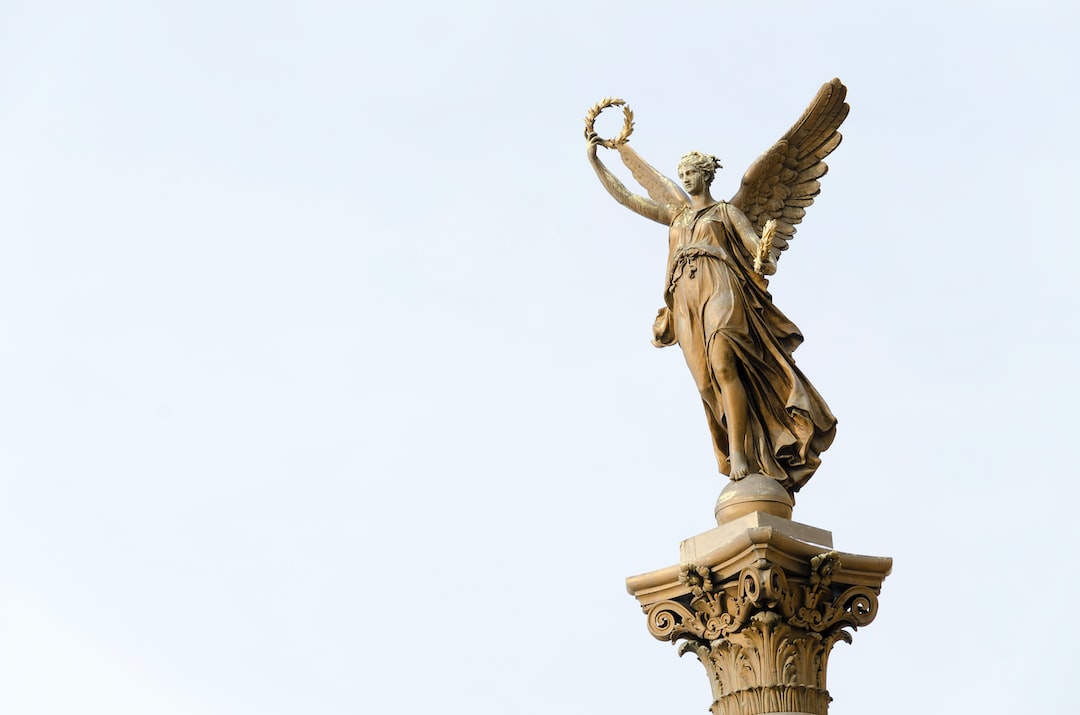Intellectual Property Rights: Protecting Your Creative Works
In today’s digital age, creativity and innovation are highly valued. Artists, authors, musicians, and inventors spend countless hours pouring their energy into creating groundbreaking works that drive our society forward. However, with the advent of the internet and the ease of sharing information, protecting these creations has become more challenging than ever before.
Intellectual property rights (IPRs) are legal rights that offer protection to creators of original works. They encompass copyrights, patents, trademarks, and trade secrets, among other forms of protection. These rights provide the creators with exclusive rights to use, distribute, and profit from their works. In essence, IPRs are the foundation upon which creators can build their successes.
One of the most common forms of intellectual property protection is copyright. A copyright grants exclusive rights to the author or creator of an original work, including books, music, films, and artwork. With a copyright, the author has control over the reproduction, distribution, and public performance of their work. This means that others cannot use or profit from the work without the author’s permission.
Patents, on the other hand, protect inventions and technical innovations. They provide inventors with exclusive rights to use, distribute, and profit from their creations for a limited period. By granting a patent, society encourages inventors to share their discoveries while offering them legal protection against unauthorized use or imitation.
Trademarks, another essential form of IPR, protect brands, logos, and slogans associated with goods and services. They ensure that consumers can easily identify and distinguish between products in the market. Trademark protection prevents others from selling similar or inferior products under the same brand name, thus safeguarding the reputation and integrity of the original brand.
While intellectual property rights are crucial for creators, protecting them is often a complex process. With the rise of the internet and digital technologies, it has become easier for others to violate IPRs. Artists can face challenges such as unauthorized downloads and sharing of their work, which can significantly impact their revenue and livelihood.
To protect your creative works, several measures can be taken. Firstly, it is essential to register your work with the appropriate authorities to establish a legal claim. Copyright registration, for example, gives you a stronger case if you need to take legal action later. Additionally, employing digital watermarking or other technological measures can help deter infringement and prove ownership of your work.
Remember to use licensing agreements when sharing your work. Licensing allows you to grant specific permissions while retaining control over your work. This protects both your rights and ensures that others who use your work do so legally.
Lastly, education is key. Stay vigilant about protecting your intellectual property rights. Keep yourself updated on copyright laws and changes within your industry. By staying informed, you can take preventive actions and enforce your rights effectively.
In conclusion, intellectual property rights are vital for protecting your creative works in today’s ever-evolving digital landscape. Understanding the various forms of protection available and taking proactive measures to safeguard your creations will ensure that your work continues to thrive and inspire others for years to come.

